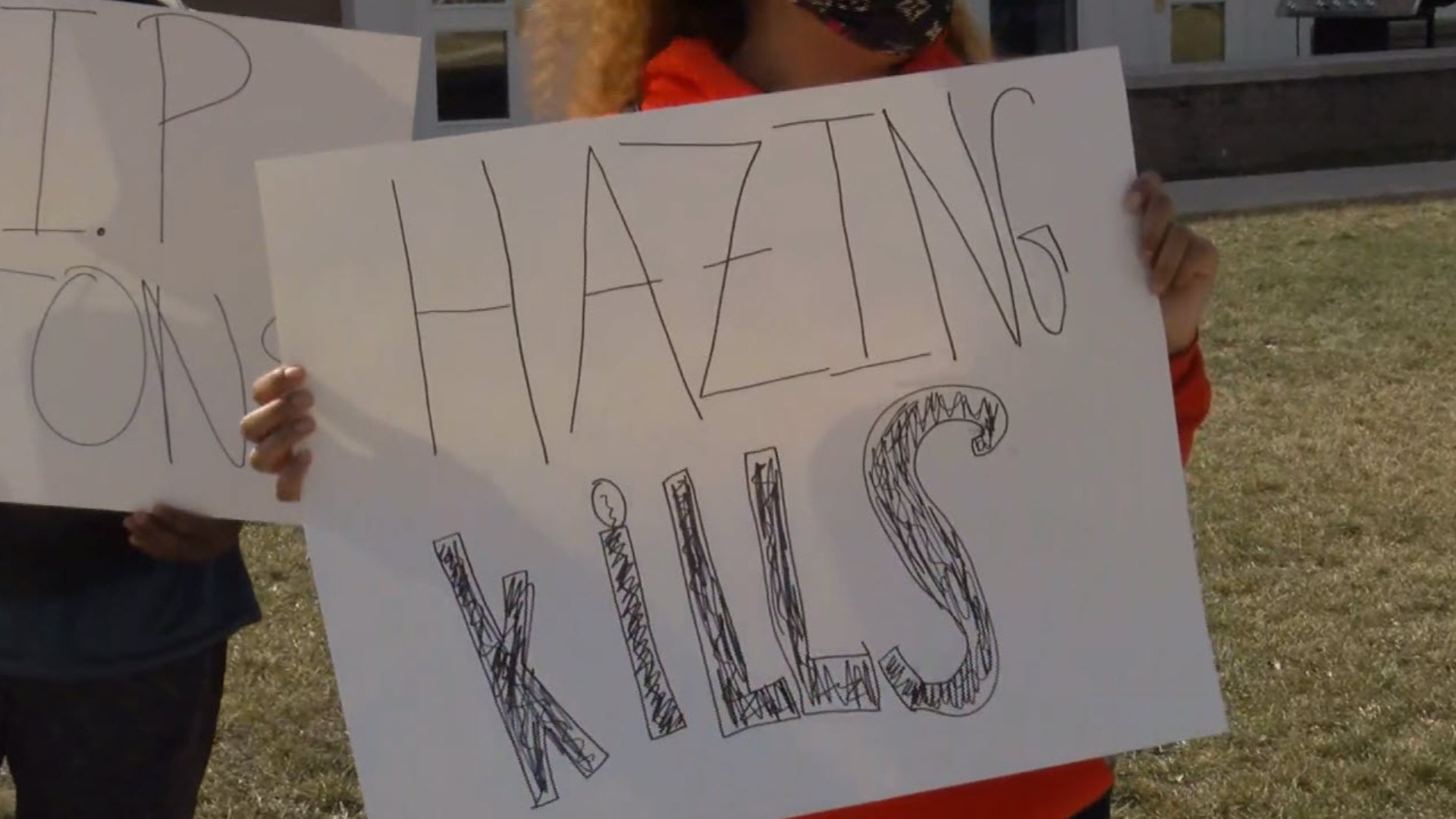TOLEDO, Ohio — Sen. Sherrod Brown, D-OH, announced Wednesday afternoon that he's reintroducing anti-hazing legislation to the federal government.
Brown made this announcement just weeks after an alleged hazing incident that was followed by the death 20-year-old Bowling Green State University sophomore Stone Foltz.
The legislation is known at the REACH Act. It was previously introduced a few years ago but never passed.
The bill would do three main things:
- Require incidents of hazing to be reported in colleges' annual crime reports.
- Establish campus-wide programs to give education on the dangers of hazing.
- Create a definition of hazing that would have more clarity on reportable offenses.
Brown says we have to do more as a society to stop these student deaths and that parents shouldn't have to worry about their kid's safety because of any organization they're in.
"This isn't a rite of passage. It's not fun and games in any way. It's not something everyone does or everyone needs to do in schools," Brown said over the phone. "It's dangerous and threatens the health and safety and lives of far too many Ohio students."
According to the senator, the bill includes all organization on college campuses, not just fraternities and sororities.
There's no timeline to getting it passed, he says as soon as possible.
During the announcement, Brown was joined by Kathleen Wiant, who is the mother of Collin Wiant.
Collin died from a hazing incident in 2018 at Ohio University that sparked a bill introduced in Ohio legislature.
Collin's Law stalled in the Ohio Senate.

